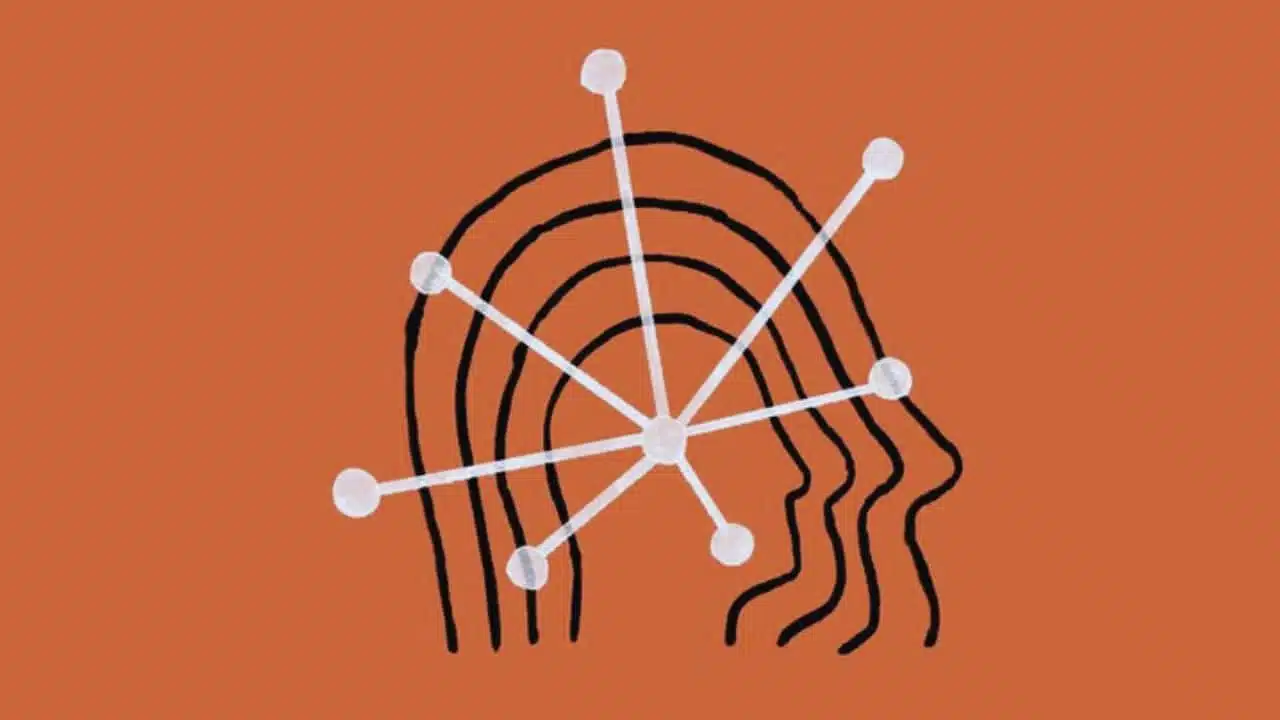Anthropic has officially launched Claude 3.7 Sonnet, its first-ever “hybrid reasoning” AI model. This advanced AI system outperforms its predecessors in solving complex problems, particularly in fields like mathematics and programming.
Alongside the new model, Anthropic has introduced a research preview of Claude Code, an AI-powered coding assistant designed to streamline software development.
Enhanced Performance and Hybrid Reasoning
Claude 3.7 Sonnet is engineered to offer improved reasoning capabilities, making it more efficient at tackling a wide range of tasks. Unlike other AI companies that provide separate reasoning models, Anthropic believes that reasoning should be an integrated feature of AI.
According to Dianne Penn, Anthropic’s product research lead, this means that the model can seamlessly switch between answering simple queries, like checking the current time, and handling complex requests, such as planning a detailed trip itinerary.
Claude Code: A Smarter Coding Assistant
Anthropic has also unveiled Claude Code, an AI-powered coding assistant that takes software development to the next level. While the company already powers AI coding tools like Cursor, Claude Code is positioned as a more interactive and autonomous collaborator.
It can search and analyze code, edit files, write and execute tests, commit and push code to GitHub, and even utilize command-line tools. This enhanced capability makes it an invaluable asset for developers looking to optimize their workflow.
Accessibility and Pricing
Claude 3.7 Sonnet is now available on the Claude app and can be accessed by developers through Anthropic’s API, Amazon Bedrock, and Google Cloud’s Vertex AI.
Despite its improved performance, the pricing remains the same as its predecessor, Claude 3.5 Sonnet, at $3 per million input tokens and $15 per million output tokens. This ensures that users can benefit from advanced AI capabilities without additional costs.
Key Improvements in Claude 3.7 Sonnet
The latest version of Claude boasts significant improvements in various domains, including agentic coding, finance, and legal tasks. While it does not yet support real-time web searches like some competitors, it features a knowledge cut-off date of October 2024, making it one of the most up-to-date models available.
Additionally, Anthropic is allowing developers greater control over how the model functions, including setting response time limits. As Anthropic’s VP of Product, Michael Gerstenhaber, explains, developers can dictate response times, ensuring optimal performance for time-sensitive applications.
Real-World Applications and Internal Testing
Within Anthropic, employees have tested Claude 3.7 Sonnet across various use cases. The model has successfully assisted in website design, developed interactive games, and demonstrated extended coding capabilities, with engineers utilizing it for tasks that span up to 45 minutes. In a unique test of its problem-solving abilities, the AI was mapped to a controller scheme in an old-school Pokémon game.
While the previous Claude 3.5 Sonnet struggled to progress beyond the starting area, Claude 3.7 was able to defeat multiple gym leaders, showcasing its enhanced strategic thinking.
The AI Arms Race Continues
The release of Claude 3.7 Sonnet underscores the rapid advancements in the AI industry. Just last week, Elon Musk’s xAI introduced Grok-3, highlighting the fierce competition among AI developers.
However, with its latest model, Anthropic appears to have taken the lead once again. The trend in AI development suggests a move toward all-in-one models rather than standalone reasoning systems, paving the way for more versatile and capable AI solutions in the future.
Anthropic’s launch of Claude 3.7 Sonnet and Claude Code marks a significant step forward in AI development. By integrating advanced reasoning within a single model and providing an intelligent coding assistant, the company is pushing the boundaries of what AI can achieve.
As the AI landscape continues to evolve at a breakneck pace, Claude 3.7 Sonnet sets a new standard for intelligent and efficient AI solutions.
The Information is Collected from The Verge and Medium.




































